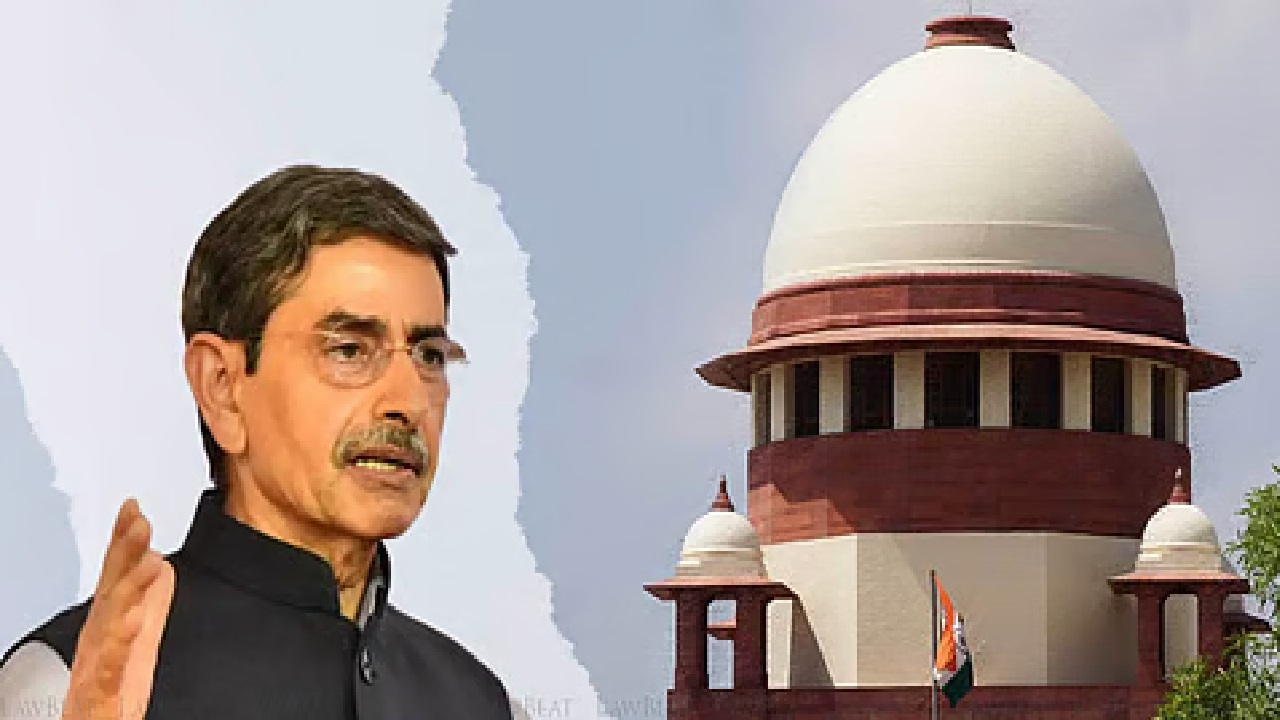Decades of Tension, a Pattern of Provocation
India and Pakistan have endured a tumultuous relationship marked by wars, border skirmishes, and a persistent shadow of terrorism. Over the years, Pakistan’s repeated attempts to destabilize the region—particularly through cross-border infiltration and support for terror groups—have kept Kashmir and parts of the Indian borderlands on edge.
While diplomatic dialogues have come and gone, what has remained constant is Pakistan’s alleged use of terrorism as a tool of statecraft. From the Kargil conflict in 1999 to the 26/11 Mumbai attacks in 2008, and more recent incursions and terror plots, these actions have strained relations and stirred domestic outrage in India.
In this context, External Affairs Minister S. Jaishankar’s recent warning to Pakistan isn’t merely rhetoric—it’s a message shaped by history, hard lessons, and a new strategic posture from New Delhi.
Jaishankar’s Clear Message: Change or Face Consequences
Speaking during an interaction on India-Pakistan ties, Jaishankar did not mince words. “India has changed—I wish I could say Pakistan has changed,” he said, highlighting a stark contrast in national approaches. “Unfortunately, they continue to develop bad habits in many ways.”
The minister emphasized that any future use of terrorism against India—directly or indirectly—would not be tolerated and would invite “consequences.” This marks a continuation of India’s more assertive foreign policy stance post-2014, where talks and terror are no longer seen as compatible.
Jaishankar’s comments are seen as a reaffirmation of India’s hardened posture, particularly after events like the surgical strikes in 2016 and the Balakot airstrikes in 2019, which were carried out in retaliation to cross-border terror incidents.
Remembering 26/11: A Turning Point in India’s Pakistan Policy
Jaishankar pointed to the 2008 Mumbai terror attacks as a watershed moment in Indian foreign policy. On November 26 of that year, ten Pakistani terrorists orchestrated a series of coordinated attacks across Mumbai, killing 166 people and injuring hundreds during a 60-hour siege that shocked the world.
While public anger was widespread, Jaishankar suggested that the then-Congress-led UPA government did not fully absorb the depth of public sentiment or respond with the decisiveness the situation demanded. That moment, he argued, was when the Indian public collectively realized that repeated acts of terror originating from a neighboring country could no longer be met with restraint.
His remarks indirectly criticized the earlier policy of strategic patience, reinforcing the narrative that the current government has opted for a more muscular response to acts of terror and cross-border aggression.
Pakistan’s Strategy: Destabilization Through Terror
India has long accused Pakistan of supporting terror groups like Lashkar-e-Taiba and Jaish-e-Mohammed, which have carried out attacks in Kashmir and other parts of India. Despite international pressure and multiple denials from Islamabad, evidence, including captured terrorists and intelligence reports, has consistently pointed to Pakistan’s involvement in nurturing extremist networks.
Recent attempts to push militants across the Line of Control, drone-based weapon drops, and infiltration efforts in Jammu and Kashmir suggest that Pakistan continues to use asymmetrical warfare to keep the region destabilized.
These activities not only endanger civilians and security forces but also undermine any diplomatic thaw. India’s consistent stance now is that peace and terror cannot coexist—a principle that Jaishankar reiterated forcefully.
Why Jaishankar’s Warning Matters
Jaishankar’s remarks are not just about deterring future attacks—they are a clear articulation of India’s evolving doctrine on national security. The message to Pakistan is unambiguous: terrorism, whether through proxy actors or direct involvement, will not go unanswered.
The warning carries weight not just because of Jaishankar’s role, but because it reflects a broader policy shift in India—one that prioritizes national security over diplomatic ambiguity. In a region fraught with historical baggage and frequent provocations, such clarity may serve as both a deterrent and a signal of India’s firm red lines.
As India remains vigilant against cross-border threats, Jaishankar’s words are a timely reminder that while peace is always desirable, it cannot come at the cost of national security.
(With inputs from agencies)








